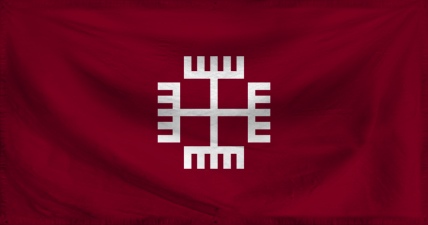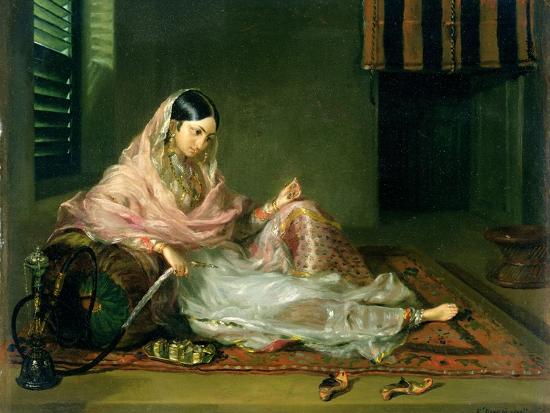Reverend Norv wrote:Lancearc wrote:These are the only nonhuman races that exist in the world.
I don't require an RP sample to keep newcomers from being intimidated or feeling as though they'll be rejected, but there are those who I am asking to run their posts by me first before making them official to preserve a good experience for the other, more seasoned players. Age and gender are kind of superfluous details if the character's bio is properly explored.
These are good answers. Hard at work on my app - should be up in the next hour.
Looking forward to it! Working towards our first IC post as well, though unsure when we'd launch officially,








